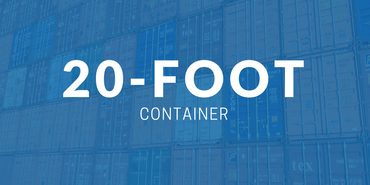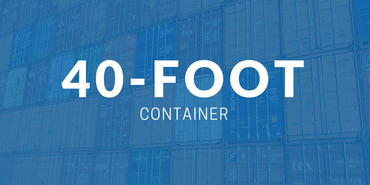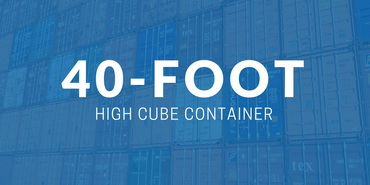
LTL vs FTL ground shipping



![]()
Whether you’re a first-timer in inland freight or an experienced shipper, you have probably landed here hoping to receive some guidance on the notoriously complicated industry-specific jargon. This, added to the numerous decisions to be made when shipping goods, will most likely have you in a fit of exasperation.
Being well-informed about the ins and outs of the shipping industry will no doubt be beneficial for the long-term health of your business. In order to help you with this, we have created our own LTL quotation calculator but, before you use it, let’s get you up to speed on two particular modes of transport that can sometimes lead to confusion when having to choose one or the other: LTL or FTL?
What do LTL and FTL stand for?
Before we go into what each acronym means, let’s go over what they have in common in order to avoid any confusion. Both LTL and FTL are ground shipping services – not to be mistaken with LCL or FCL, which refer exclusively to ocean freight. With LTL and FTL, transportation is carried out over the road. These ground shipment modes are often a more cost-effective means of shipping for businesses needing domestic transportation of goods.
Less than Truckload (LTL) and Full Truckload (FTL) are easier to understand when you see the term spelled out word per word. As you can see, these acronyms are pretty self-explanatory: LTL is used for shipments that don’t take up a whole trailer, whereas FTL is aimed at high-volume freight that requires an entire truck.
LTL vs FTL
Size and weight
LTL is usually recommended for smaller freight while FTL may be more suitable when dealing with large shipments.
However, there is no set rule that determines which is the dimension limit for either of these ground shipping services. In fact, LTL suppliers tend to establish their own pallet and weight restrictions, but the general guideline usually sets the limit at 15,000 pounds and no more than 10 pallets. If you are dealing with higher-volume freight, FTL is the way to go.
So, what if your shipment takes up a lot of space but isn’t actually too heavy? It’s probably advisable to consider LTL since pricing tends to work best with smaller shipments regardless of weight.
Cost
LTL is generally more cost-effective because the trailer is shared by multiple shippers’ goods and prices are established based on the space your freight takes up. FTL may result in higher costs because you are charged for the entire truck regardless of how much space your freight actually occupies.
Furthermore, LTL carriers’ rates are usually better than FTL carriers’ rates due to economies of scale and the numerous partnerships that exist among LTL carriers.
Packaging
With LTL, it is important for you to make sure your shipment is properly packaged in order to avoid damage from other cargo or during handling at transit hubs, which is generally the main risk when using a Shared Container. Contamination can also be a risk if sensitive cargo is shipped next to cargo with strong odor, for example.
However, since with FTL you use a dedicated truck, you get the quickest, direct service and will not have that risk of damage during transit hubs or from other cargo. As long as your cargo is packaged right and loaded properly, risk of damage is minimal.
LTL or FTL… which one do I choose?
In light of the above, there are definitely certain points you should always consider when deciding between these two inland shipping services:
- Your shipment’s dimensions: as a general rule of thumb, you should choose LTL when your shipment weighs under 15,000 pounds and won’t take up more than 10 pallets. If your shipment exceeds these dimensions, then consider using FTL.
- Budget: if you are looking to reduce costs on your inland shipment, LTL is the way to go. Sharing costs with other shippers by sharing the truck space will undoubtedly lead to a lower price on your ground freight.
- Type of cargo: LTL shipping is suitable when dealing with freight that isn’t particularly fragile or sensitive to movement, time or contamination. Although your shipment can be palletized to ensure its safety, the fact that it will be transported alongside other cargo and will be handled at multiple transit hubs entails a certain risk to your goods’ security.
If you would like to learn more about LTL shipment and how it works, check out our post on What is LTL shipping.
At iContainers we have the perfect solution for you to figure out how much your LTL shipment will cost. Use our LTL quotation calculator to check out hundreds of carriers’ rates!
Related Articles


